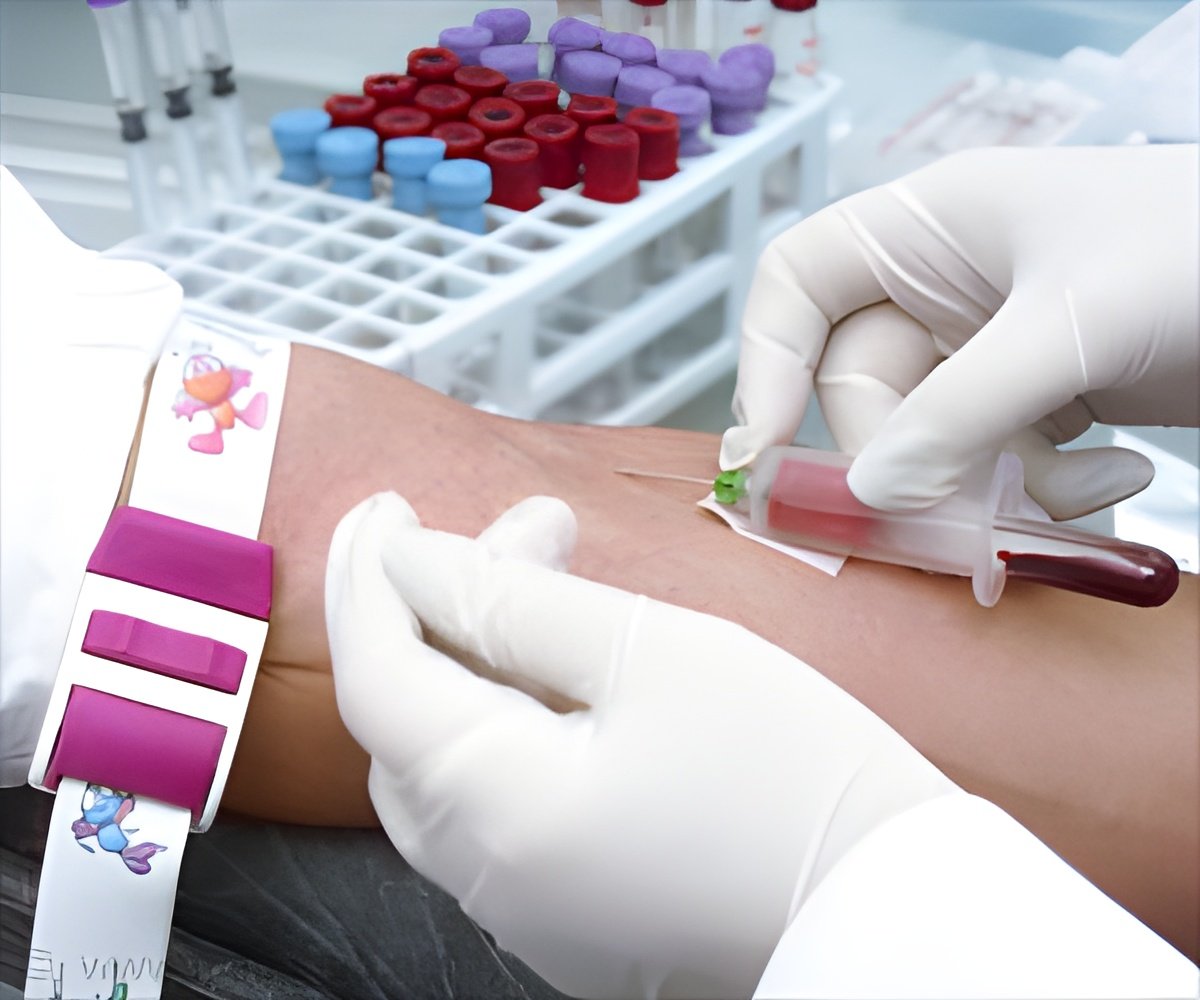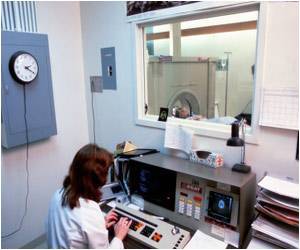
‘Increasing the sensitivity of simple diagnostic tests could improve the prospect of elimination of diseases like Malaria, Ebola, Pneumonia, etc.’
Tweet it Now
The authors argued that if pulse oximetry was made available more widely in the community, it could allow children to be diagnosed quicker and sent to hospital for life-saving oxygen and antibiotics."This is a very simple tool that could have a very big impact," said senior study author professor Azra Ghani.
The researchers also call for investment in diagnostic tools to detect those that are infected but may not show any symptoms of disease.
For example, current diagnostic tests for malaria involve just a blood finger-prick. But they currently only identify around half of those that are infected.
A simple improvement in these tests to detect a 10-fold lower density of parasites in the blood could increase this to over 80 percent, researchers said.
Advertisement
A third paper from Imperial authors calls for the use and further development of rapid diagnostic tests for Ebola.
Advertisement
The authors calculated that if rapid tests had been available and used from the start of the recent outbreak, it could have reduced its scale by a third. The findings were published in the Journal Nature.
Source-IANS









